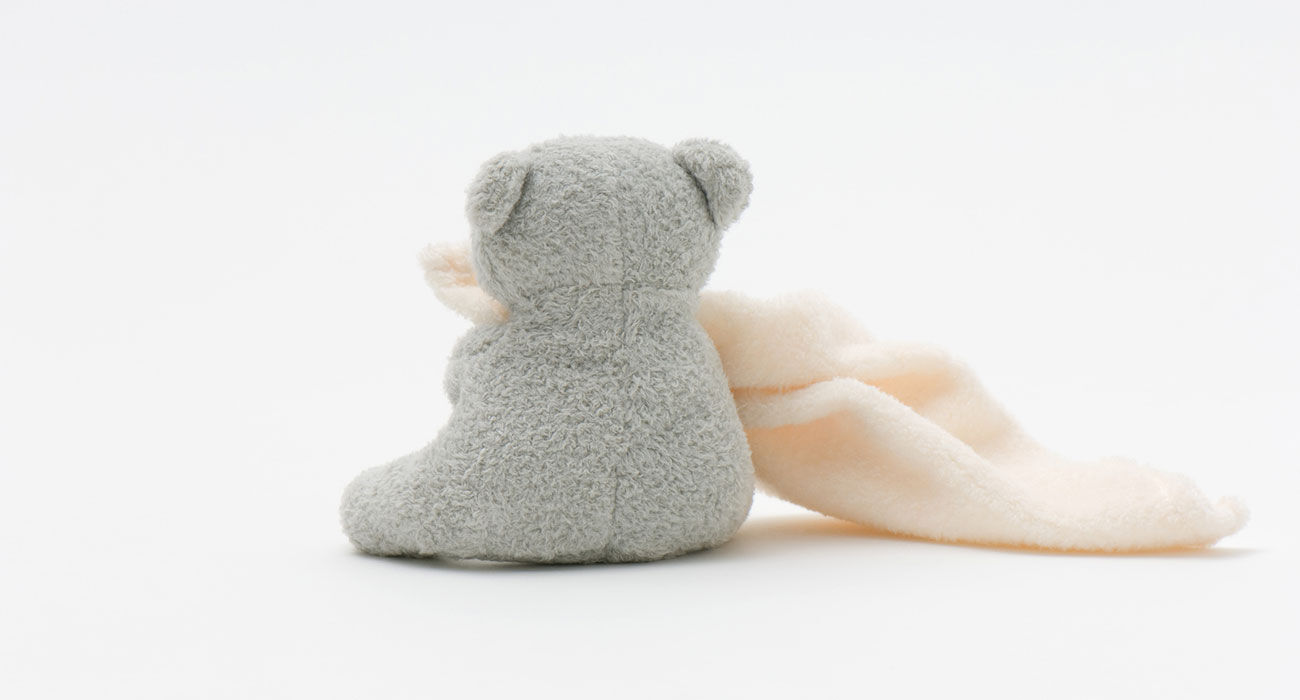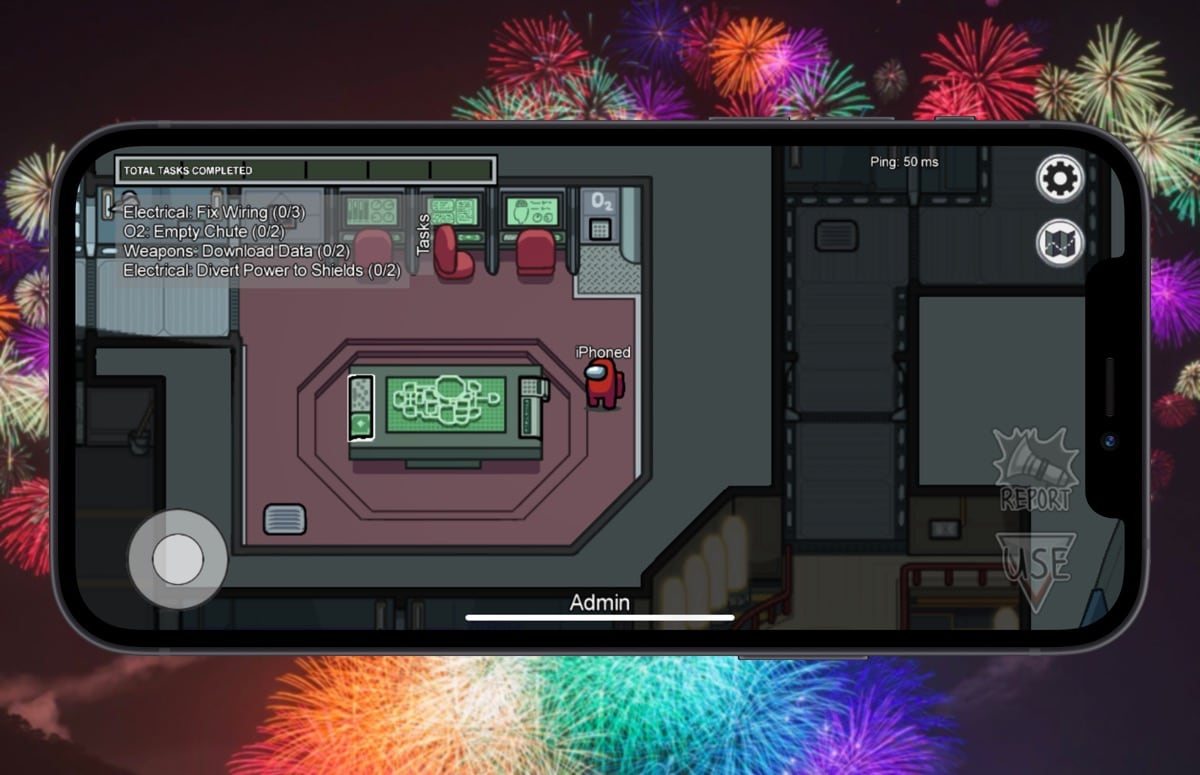“I was found by this stone,” says the adopted Chi.
Image: Getty Images
A teacher tells Kek Mama what she is experiencing. This time: Miss Ruby (29) teaches Chi in group 8.
Tuesday morning, history lesson. I asked the children to bring a historical object from home. Something that makes history tangible. Boet (11) has a 1983 vintage Donald Ducks with him – from his father. Diane (10) comes with a curler from her grandmother. Pien (11) with her mother’s teddy bear when she was a baby. Pieter (10), a small squire, shows a bridle with which his great-grandfather rode a horse. My students are noisily watching.
Finally it is Chi (11)’s turn. An adopted girl of Chinese origin. She has a white stone with her. “I was found with this stone,” she says. There is a silence. “I was abandoned by my birth parents. My daddy went to visit that place, he took that stone with him.” I am confused. This is such a big thing. How should I guide this? But Chi, resolutely, will guide it himself, I soon notice.
Also read – ‘Our adoptive son immediately felt just like our biological children’ >
Foundling
“What is that, von-the-ling?” asks Kiki. Chi: “Then your parents put you down somewhere as a baby and they hope someone nice finds you. Usually you are taken to a children’s home. Me too. And then mom and dad came to pick me up.” You can hear a pin drop in class. It is the greatest fear of children to lose their parents.
“You can hear a pin drop in class. It is children’s greatest fear of losing their parents.”
Sep: “You know why your parents didn’t want to keep you?” Chi: “I think it’s because the government only allowed people to have one child. Because otherwise there would be too little to eat, or too little work. And in China people mainly want boys, because they think they are worth more than girls. So girl babies were often abandoned. So that the parents had a chance of having a boy with the next baby.”
“Why do they think boys are worth more?” asks Fiep indignantly. “That’s just the way it is in China,” says Chi. “Especially in the villages. Boys work with them on the land and have the family name. Girls help in the kitchen and when they get married they go live with their husband’s family, so it’s hard for them to take care of their parents.”
“Want to get to know your real parents?” asks Christiane. “Like Spoorloos?” Chi: “Mom and Dad are my real parents. They love me. They would never give me away.” It’s also nearly impossible to find her birth parents, she says. Because it was a crime what they did, so Chi had to be done away with in great secrecy. “Do you mind?” asks Constantine. “No,” says Chi. “I like it here.”
one-child policy
Afterwards I see Chi happily hopping outside with her friends. I am so proud of her, and so moved. So glad she has lovely parents, Jan and Marianne. So happy that she can go to college later, something that would be a question in China, while she is super smart. Unlike those Chinese leaders, I think angrily to myself. Due to the one-child policy of the time, China is struggling with a women’s shortage, which means that many men can no longer find women – there are too few. At least they lost Chi.
This article appears in Kek Mama 08-2022.
More stories from The Miss? Read the previous episodes here.
With a subscription to Kek Mama you enjoy great benefits:
* Cheaper than in the store
*Read Kek Mama first every month
*Free shipping
Subscribe now and pay only €4.19 per edition.



